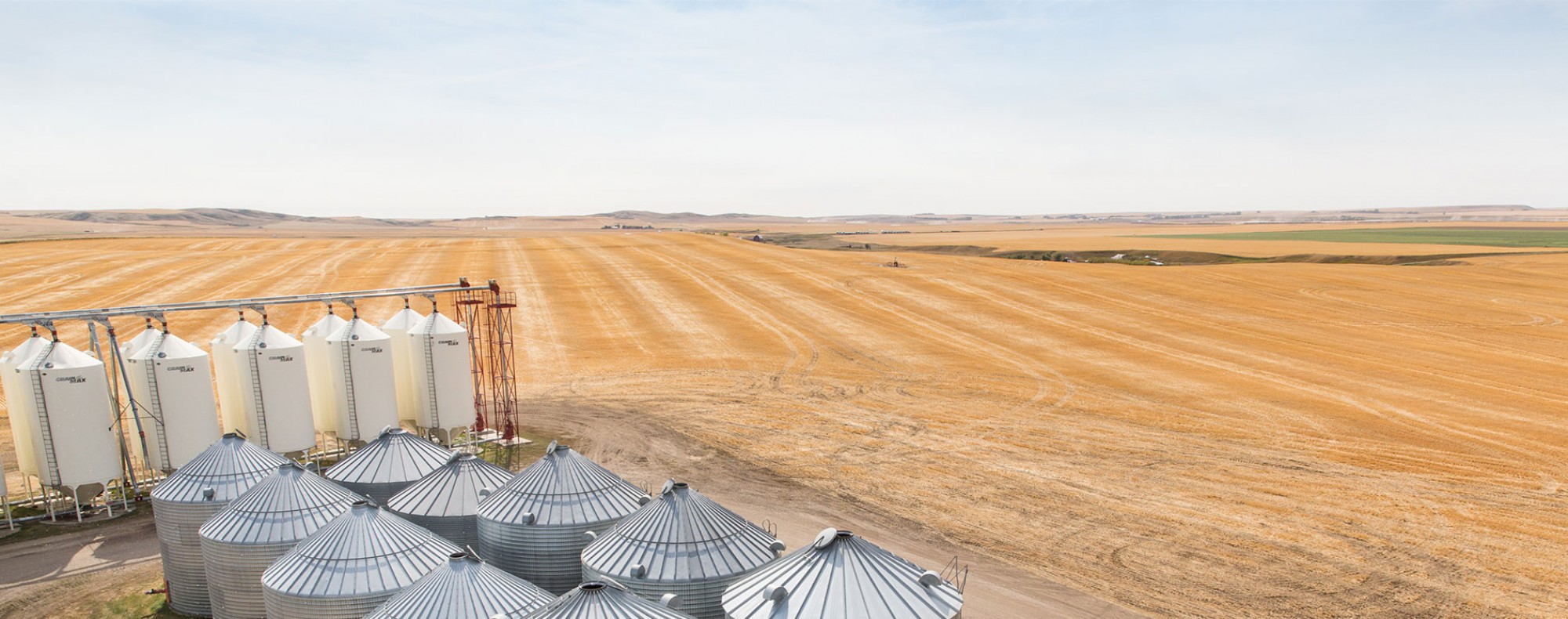Wheat and Barley Commissions call for more clarity and dialogue with farmers on fertilizer emission reduction targets
The Alberta Wheat and Barley Commissions say the Government of Canada’s target of reducing fertilizer emissions by 30 per cent by 2030 has fueled confusion and frustration due to a lack of clarity on what will be measured and how. The commissions say farmers are struggling to understand how such an aggressive target can be met within seven growing seasons without impacting yields, the viability of farming into the future, or Canada’s ability to retain a competitive position in meeting domestic and global food security needs.
In a submission to the 2022 Fertilizer Emissions Reduction Consultation the commissions make a series of recommendations, including that any target must be based on emission intensity over absolute emission reductions to mitigate negative impacts on farmers’ growth and the economy. They also stress the target must remain voluntary and call for better communication with farmers.
The commissions say farmers were not consulted in setting what seems to be an arbitrary and unachievable target.
“Without the appropriate methodology, modelling, data and measures of progress in place there is real concern that such a target is premature and will only set farmers up for failure,” says Alberta Barley chair Tara Sawyer. “An eventual shift to a regulatory approach, as seen in other countries would be detrimental to Canada’s crop sector and is of grave concern."
The commissions say neither farmers nor provinces were consulted on what could be achievable for the sector in advance of setting a national target.
“In order to make any progress toward this ambitious goal it will clearly require a collaborative approach, one that farmers are willing to take,” says Alberta Wheat Commission chair Greg Sears. “Setting a target in advance of discussing and defining potential, viable pathways has fueled confusion and frustration in the sector.”
The following recommendations are contained in the Alberta Wheat and Barley Commissions' submission:
1. Based on emission intensity - Any such national emission reduction target must be based on emission intensity and consider emissions per unit of crop production to maintain growth; rather than absolute emissions which will have severe consequences to the competitiveness of farmers.
2. Communications - Significantly improve communication to farmers regarding the objective of the target and its voluntary nature. Seek broad and frequent input from the agricultural community to define pathways toward achieving the goal that makes sense on farm. Clear communication on what is being measured and how.
3. Keep the target voluntary and flexible – Given the data gaps and variability across all regions and with the sector, it is imperative that the target remain voluntary and work with provincial governments and producer organizations to define the goals in the provincial context allowing flexibility in attempting to meet the goal.
4. Past and current practices - Farmers need to understand how the soil carbon sequestration that they have achieved on their farms due to continuous improvement and voluntary adoption of various practices will be accounted for within emission reduction targets and how past and present practices are acknowledged, including research investments.
5. Methodology and measures - The government needs to ensure that any targeted practices have the ability to be accounted for within the national methodology and therefore able to be reflected in the National Inventory Reports (NIR) and are considered toward the reduction target.
6. Regionality based on agroecological zones - As per the example above related to net GHG balances, it is imperative that a highly regional lens is put on achieving emission reductions and flexibility and adaptability to specific localized variables be considered.
The commissions’ submission, which includes a summary of input received from Alberta Wheat and Barley Commissions members can be found here.
Media Contact:
Harley Groeneveld
Marketing Communications Specialist
Alberta Wheat and Barley Commissions
hgroeneveld@albertawheatbarley.com
403-219-7906
